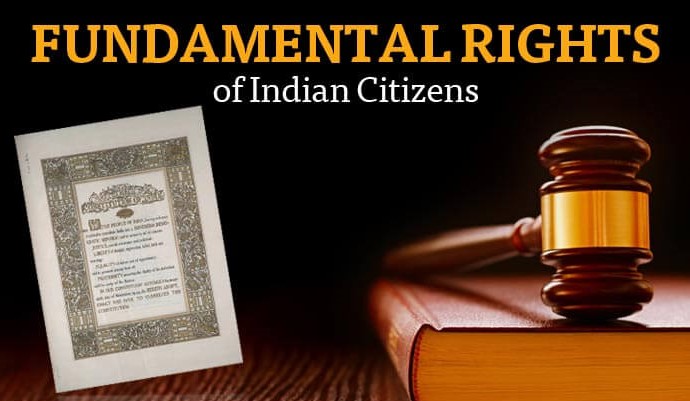The Kerala High Court on Thursday remarked that women are not slaves of their mothers and mother-in-law, while orally criticising a family court order in a divorce case for its ‘patriarchal’ observations.
Justice Devan Ramachandran noted that a family court at Thrissur had earlier dismissed a divorce plea filed by the wife after observing that her complaints were part of “ordinary wear and tear.”
The same order advised the parties (estranged spouses) to act in line with the “sanctity of married life by burying their difference of opinion.”
Justice Ramachandran opined that the family court order was very problematic and patriarchal.
“Patriarchal to the core. I’m sorry that’s not the way the ethos of 2023 continues,” the judge said.
The counsel for the husband, meanwhile, pointed out that the Thrissur family court order had called for the wife to listen to what her mother and mother-in-law had to say on the issue.
Taking a serious view of this, the High Court replied that a woman’s decisions cannot be treated as inferior to her mother’s or that of her mother-in-law.
“Women are not slaves of their mothers or mothers-in-law,” observed Justice Ramachandran.
The judge also took exception to a submission made by the husband’s lawyer that the disputes at hand were easily solvable and could be settled out of court.
Justice Ramachandran made it clear that he could only direct an out-of-court settlement if the woman also was willing to explore the same.
“She has a mind of her own. Will you tie her up and force mediation? This is exactly why she was forced to leave you. Behave well, be a man,” the judge added.
The Court was dealing with a plea made by a woman to transfer a divorce case pending before a family court in Kottarakara to a family court in Thalasserry, which was closer to Mahe, where she had moved for employment along with her child (born out of the wedlock).
She told the Court that she had initially moved to her paternal house in Kottarakara along with her child due to marital disputes and abuse at her matrimonial house.
As such, (after her first divorce plea was dismissed by a Thrissur court) she filed her divorce plea at Kottarakara, since it was closer to her paternal house.
However, she later had to move to Mahe for employment, with her child who needed her care and attention.
While so, she told the High Court that it would be difficult to continue traveling to Kottarakara to attend the divorce proceedings. Such a situation was also affecting the child, she added.
Therefore, she urged the High Court to transfer the divorce proceedings to a family court in Thalassery, which was closer to Mahe.
However, the husband opposed the transfer plea. He argued that his mother, who is the second respondent in the case, could not travel to Thalasserry for the case since she was 65 years old.
The High Court, however, allowed the woman’s transfer plea and ordered the transfer of the divorce case to Thalasserry. The Court added that the husband’s mother could appear before the family court through video-conference, if required.
The petitioner (wife) was represented by advocates Abraham George Jacob, C Muralikrishnan (Payyanur), PI Raheena and Shahna.
Source Link




